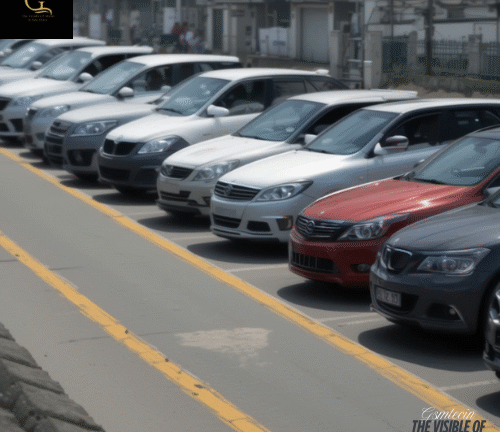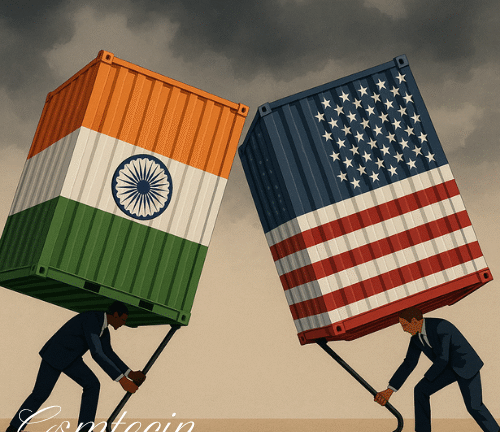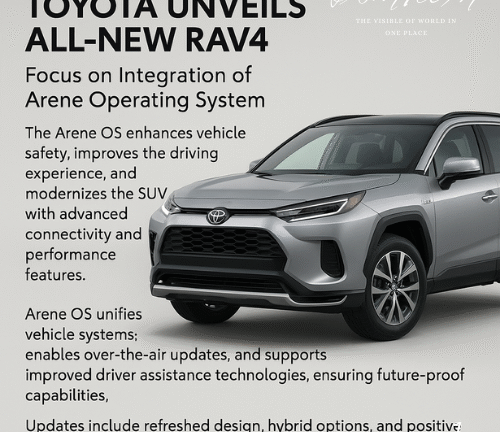Analysis of the Text: “Zero-Mileage Used Cars Are Targeted by Chinese State Media”
The contentious practice of selling ‘zero-mileage‘ used automobiles—a developing trend in which new, undriven cars are legally sold as used because they have been pre-registered by dealers or manufacturers—is coming under more scrutiny from China’s official media and regulatory agencies. The reporting’s tone, underlying meanings, and larger industry context are all captured in this vocal analysis.
Framing and Tone
Chinese official media, particularly those such as CCTV and People’s Daily, have a very critical and warning tone. According to the article, the “zero-mileage” used car practice is dishonest and harmful to consumers as well as the reputation of the auto industry. Strongly confrontational language is conveyed by terms like “rebuke,” “unbridled competition,” and “smearing,” which imply that the government sees the practice as an immoral consequence of aggressive sales methods.
By linking this issue to financial stability and industrial accountability, the remark frames it as having macroeconomic significance in addition to consumer protection. The analogy to the Evergrande disaster, which raises concerns about unsustainable methods in China’s major sectors, makes this particularly clear.
Regulatory and Economic Issues
According to state media, these tactics may help manufacturers reach sales targets, but they also have the potential to exaggerate sales numbers and harm their financial standing. Although vehicles are technically “sold,” they are not to final consumers, so income is recorded before the product is really purchased. In addition to producing accounting distortions, this may conceal more serious issues with pricing and demand.
Regulators have begun to step in, notably the State Administration for Market Regulation and the Ministry of Commerce. They are advocating for self-regulation through transparent consumer rights, ethical pricing, and truthful advertising. Important suggestions include making sure that ownership history is disclosed up front and clearly labelling registered cars.
Political Messaging and Industry Infighting
The growing rivalry between the big manufacturers is an intriguing aspect. Players in the market, like as Great Wall and Geely, have openly attacked rivals like BYD, accusing them of utilising subpar parts and engaging in dubious financial activities. These charges, which are occasionally later refuted or denied, point to fierce competition and pressure inside the industry.
These conversations have a hostile, defensive, and sometimes sarcastic or deflective verbal tone. With equal vigour, BYD’s spokesperson emphasised compliance, invoked legal threats, and tactfully pointed fingers at competitors. Deeper worries about dominance, justice, and survival in a crowded and fiercely competitive market are reflected in these public disputes.
The underlying message of state media
The overall takeaway from Chinese official media is unmistakable: unbridled business practices, particularly in industries with rapid expansion like the automobile industry, will not be accepted. The government is reiterating that trust, innovation, and high-quality products—rather than relying solely on volume-based sales tactics—are the keys to the industry’s long-term viability.
In this narrative, producers are cautioned to quit “focussing solely on sales” and instead prioritise sustainable growth, while consumers are portrayed as victims in need of more robust protections. Tighter control and oversight are imminent, as shown by the need for legislation and the revelation of internal industry rifts.
In conclusion
More than just a market oddity, the debate over “zero-mileage” used automobiles reflects the changing priorities in China’s consumer economy. The state’s language is clear: competition must not come at the expense of consumer rights or market credibility; growth must be responsible; and practices must be equitable.




